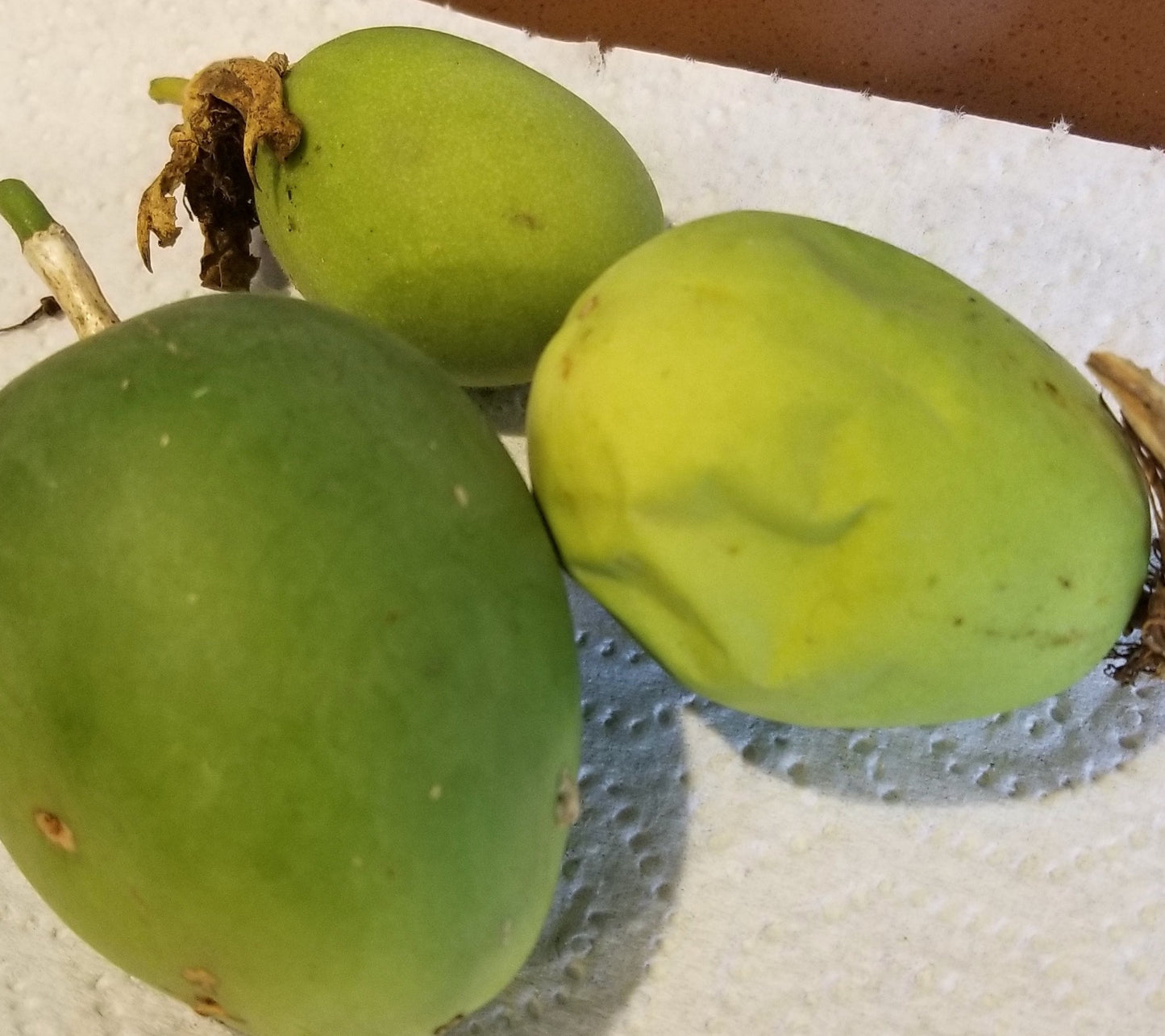Adapted Nursery Store
Maypop Hardy Passionfruit Seedlings
Maypop Hardy Passionfruit Seedlings
Couldn't load pickup availability
Maypop Passionfruit (Passiflora incarnata) SOLD OUT! Email me at hello@gardenkevin and I'll put you on the notification list.
Seedling from select variety (see below)
Hardy Perennial Tree to USDA Zone 5
Full Sun
Attracts Native Pollinators
Stunningly Beautiful Flowers
Pest and Disease Resistant
Good in Ground or Containers
Delicious passionfruits and medicinal leaves and flowers
May need 2 for cross pollination
These plants are seedlings from a variety that has extra large and super delicious fruit and consistently yields heavily -- superior to most wild varieties.
The vigorous vines are likely to yield for you in the first year! They die to the ground each fall and come back in the late spring.
Maypop is native to the Eastern U.S and throughout the midwest where they often are found at the edge of forest and field. You will rarely find wild ones that fruit heavily in these conditions, largely due the shade they grow in. If you can put them in full sun with something to climb on, you should get much better yields.
Many have tried wild maypop fruit and report a subpar taste. This is typically because the fruit doesn't get fully ripe, and certain wild varieties are just not as flavorful. The inside of the maypop when ripe should be full with a yellowish color as seen in the photographs. Delicious! As good as any tropical passionfruit (Passiflora edulis).
Maypop, unlike other passionfruit species, contains edible and medicinal leaves and is the plant that is the source of the passionflower tea and tincture that is widely used in herbalism as a calming herb, to help relax the mind, body, and spirit, and aid in sleep.
My wife gets sleepy if she eats a handful of the gorgeous flowers fresh from the vine.
Passionflower medicine can be made from the leaves and flowers.
There is some research to suggest that maypop can be a potent natural aromatase inhibitor -- blocking the flipping of good hormones into bad ones. Especially if combined with black pepper or black pepper extract.
These vines can grow in shade, but flower and fruit (and are much happier) in full sun, with something climb on such as a cattle panel or chainlink fence.
They do send out runners pretty far from where they are originally planted, so I would keep them away from your vegetable garden.
They are native to the humid parts of the Eastern United States, but can grow great in drier climates such as California. They are typically pollinated by carpenter and bumble bees, honey bees don't do a very good job with these. Also, although the verdict is still out, that humidity may be required for pollination, so they may not fruit very well in drier climates.
Share










